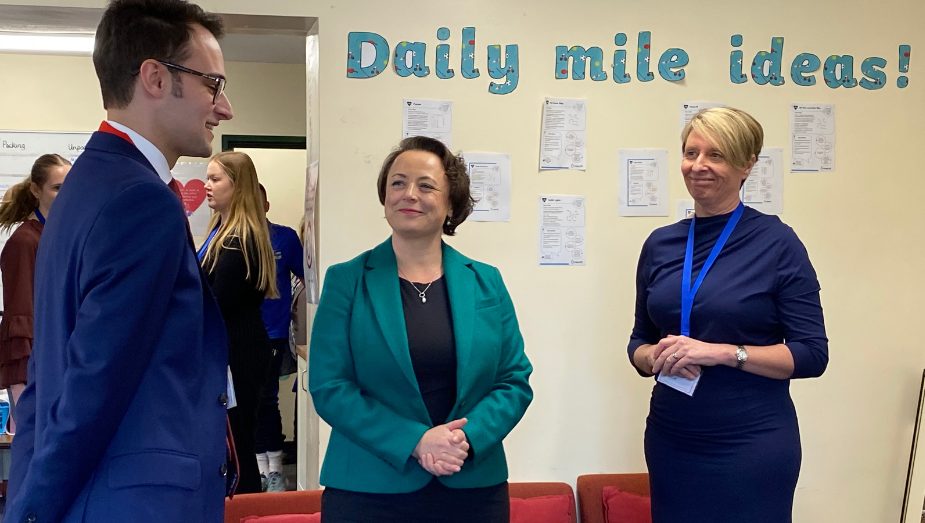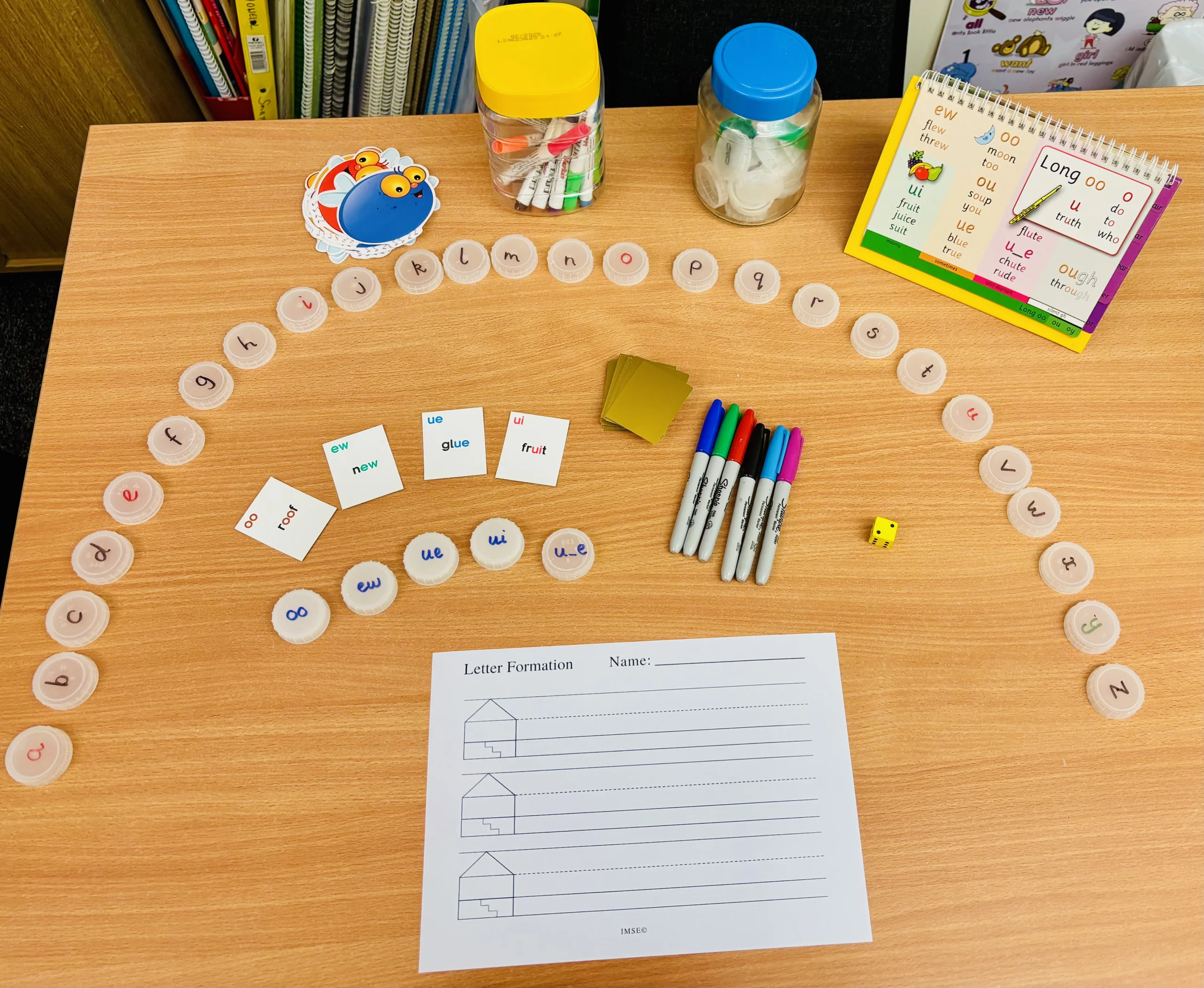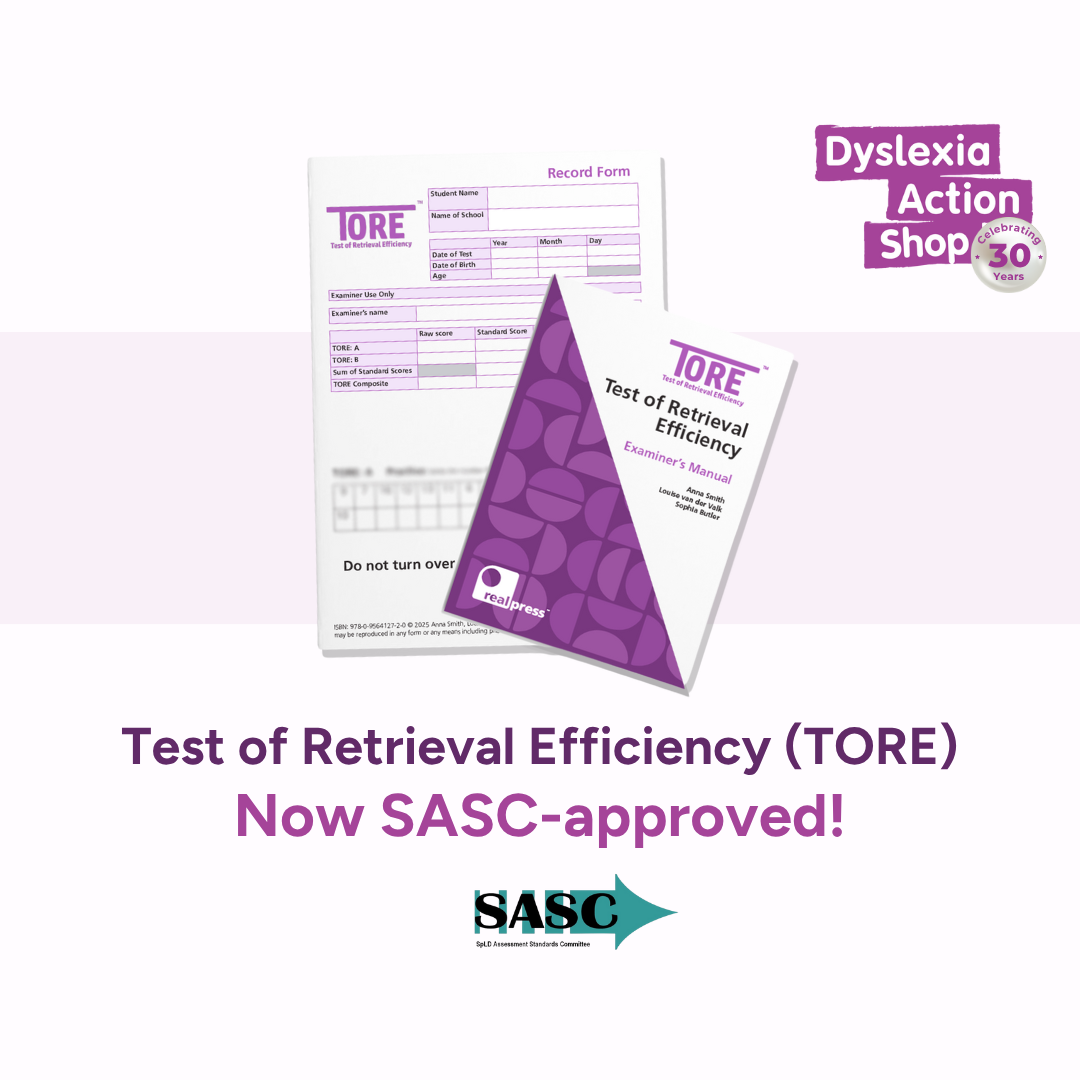Admin |
September 8, 2020
We have some exciting new developments relating to our acclaimed Cognitive Abilities Profile (CAP) course, taking place in 2020.
As you will be aware, many activities and all kinds of communication have been turning increasingly to online media not only as forms of social communication but as important channels for learning, sharing and working.
As a result, for 2020, the Cognitive Abilities Profile (CAP) course will now be delivered via four webinars on the following dates:
- 27 October – 10am – 12.30pm
- 29 October – 10am – 12.30pm
- 3 November – 10am – 12.30pm
- 5 November – 10am – 12.30pm
How will this benefit participants?
People undertaking the forthcoming CAP online course will be able to:
- Join from anywhere in the world, without encountering the costs – and current risks – of travelling
- Take the course at a more measured pace, with a blend of pre-recorded videos that can be viewed and reviewed at times convenient to you.
- Each pre-recorded video will be followed by a live session, giving you time to reflect, digest and prepare your questions ahead of the next live session.
- Even more flexibility. Missed a live session? You can go over it yourself. Want to watch a case study again? All live sessions will be recorded and made available for participants to view and review for a limited period of time following the course.
- Network more effectively with other participants, to share experiences and ideas without the worry of catching the train at the end of the day.
- Benefit from more one-to-one Q&A time with Dr Ruth Deutsch who will deliver the CAP online training.
The sessions will cover the following material:
- The principles, key questions and concepts of dynamic assessment and how they apply to CAP.
- The different models of cognitive processes and the seven functional domains of cognitive abilities.
- The contents of the CAP toolkit and how to use this to develop informed and effective interventions.
Launching CAP online
Not only do we believe that a CAP online model of delivering our renowned CAP training programme will be of even greater benefit to participants, but also that CAP is a uniquely adaptable tool for socially-distant times.
The limits of standardisation in a non-standard world
Traditional forms of ability assessment face considerable issues in terms of reliability when not being able to be conducted face to face. When the assessor and the student cannot be in the same room, standardisation and the absence of a controlled environment are challenging.
CAP consultation does not require direct work with a student. Indeed, during the past few months, Real Training has made available some of the CAP materials for special online use by practising psychologists and specialist teachers so that they can conduct effective consultations and collaborative discussions whilst social distancing. The feedback we have been getting has shown that the CAP is indeed a flexible working tool.
Thus CAP lends itself not only to social-distance use but the CAP training course can be fully delivered without face to face learning. This is something of a speciality for Real Training. We have been delivering online courses successfully since 2004, so you can be confident your online learning experience will be seamless and fully supported.
For a whole decade, CAP has found a place as a unique, and powerful tool in the armoury of educators and psychologists, but in the current circumstances and the manifold uncertainties surrounding us, it has become even more important. For instance, whilst we know that schools in the UK and around the world are intending to return to a version of ‘normal’, this could change. And even with a return to face to face lessons, educators and students may wish to limit as far as possible proximity with non-school-based staff, including parents and carers who would be part of CAP consultations. Professionals trained in CAP will be able to continue to support all students – including the most vulnerable – regardless of the situation, helping them to achieve their personal potential.
Discover the Cognitive Abilities Profile (CAP) course.





What do you think?